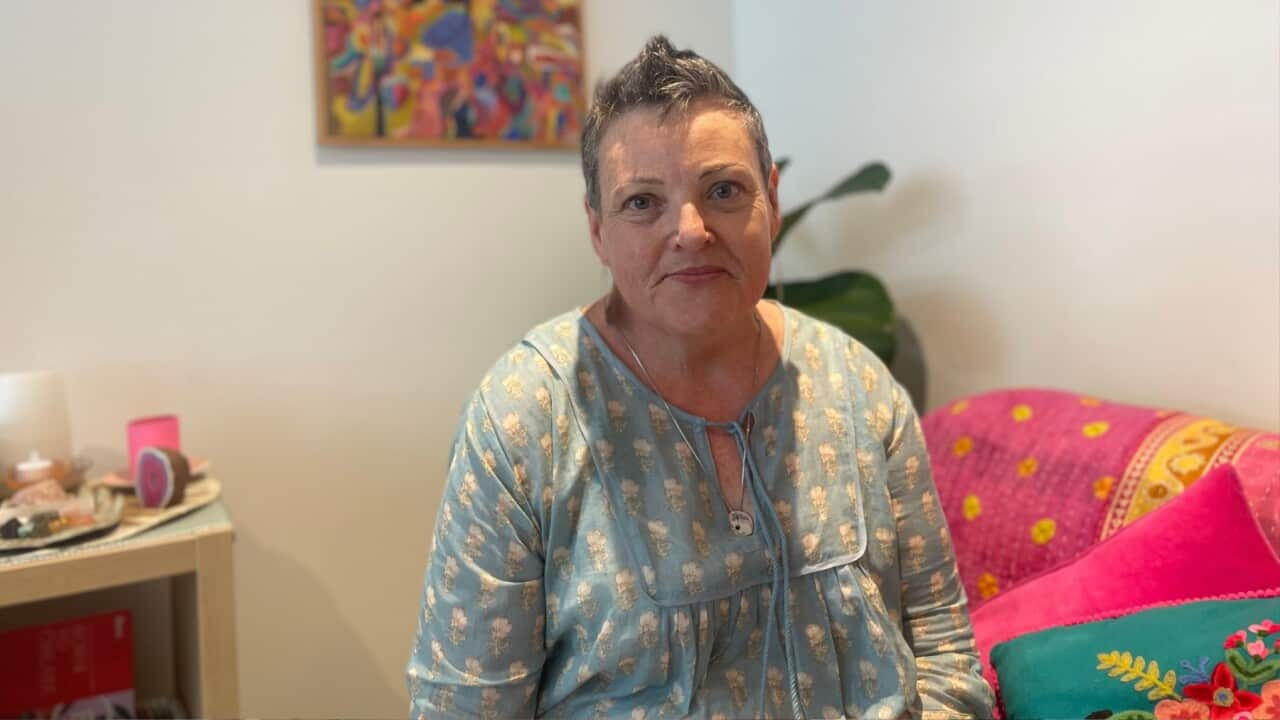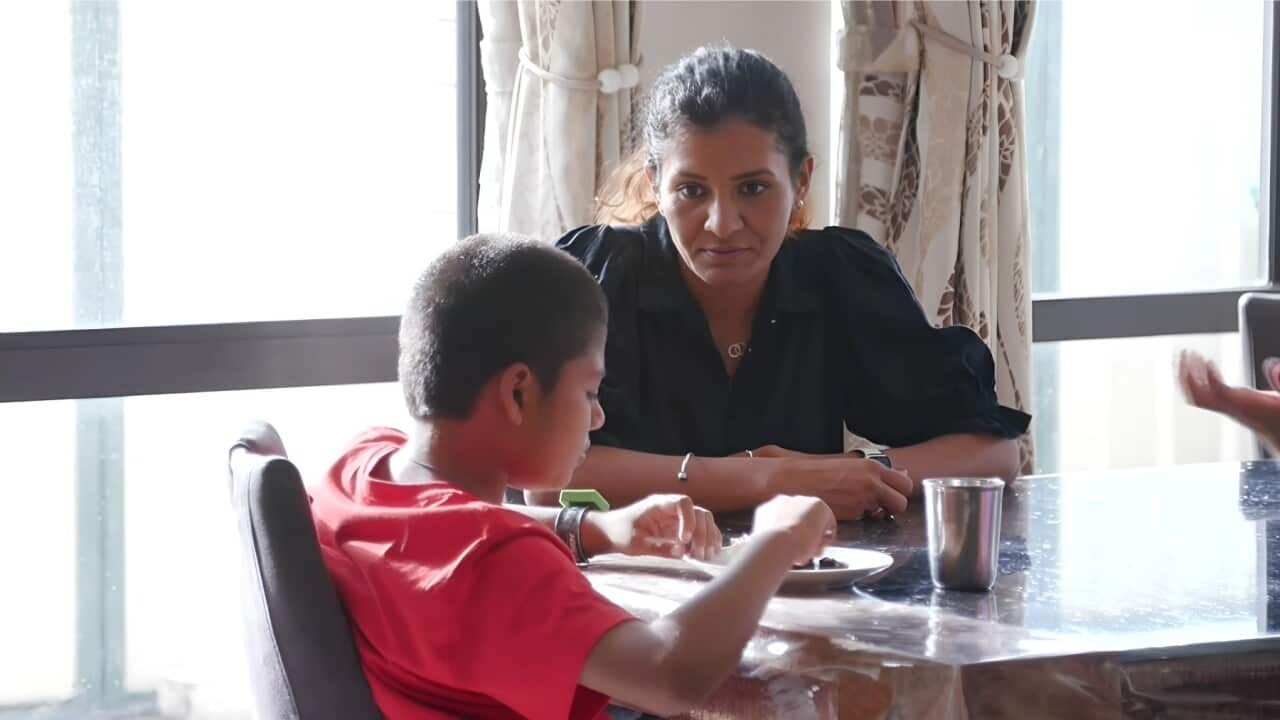TRANSCRIPT
Maroochydore is a popular holiday destination on Queensland's Sunshine Coast, and also home to just over 20,000 people.
Aged care provider Arcare has a residential facility here, with Kerry Mack as their lifestyle coordinator.
"We've got 90 residents in our facility. In the dementia unit we've got 15 residents, but then we've got varying degrees of dementia around the whole building, really."
With so many residents requiring specialist care, Kerry Mack has been studying a dementia knowledge course with an organisation called Dementia Training Australia, or DTA.
"I'm like a sponge. I just want to learn as much as I can so that I can bring it back to our residents and ... make them happy every day, for the rest of their lives."
Hundreds of courses like the one Kerry is studying are on offer through DTA's base at the University of Wollongong and its partnerships across the country.
DTA's executive director, Dr Isabelle Meyer, says they offer an online tool called Learning Pathways for people to find the course they might need.
"If you for example were someone who needed to understand more about managing pain, or helping someone sleep, or nutrition, as well as behavioural management - changed behaviours - meaningful activities, what to do to make sure that you've created a safe and enhancing environment, all of those courses are there and the learning pathways tool will help you find what you need."
The demand for such training and education is acute.
Maree McCabe is the CEO of Dementia Australia, a national organisation supporting people living with dementia, as well as their families and carers.
She says more than 400,000 people of all ages are currently living with dementia - and those numbers are only going to increase.
"Right now in Australia we have got around - I think it's more than 421,000 people living with dementia. And by 2054 we expect that to increase to well over 800,000. There just won't be anybody in Australia that's not impacted in some way."
As part of the DTA consortium, Dementia Australia has developed a virtual reality course to show what life is like for people with dementia.
Kerry Mack says the insight it provided was profound - and has helped to broaden her awareness of what her patients need.
"When you've got the goggles on you can be in a resident's room, and the task is to try and find yourself out of the room, go up the hallway, and into a dining room. And the problems were the walls blending in with the doors, the same colour. There was no signage. So it was just - it was very grey and very confusing - which gave you a really big insight into how a person with dementia feels every day."
But Maree says education and training is not just about people with dementia.
She says it's also about supporting families and friends, patients who are gender or sexually diverse, and the workers themselves.
"Somebody's transgender. How do you then educate the environment around them to be accepting, to be inclusive? And you know... a lot of our workforce are from culturally and linguistically diverse cultures. And they get discriminated against by some residents that they care for. How do we best support them to make sure that they feel safe in the workplace?"
As the need for dementia care grows, Dementia Training Australia is not stopping at course provision.
It's also developing a Dementia Education and Training Standards Framework, which Dr Meyer says will establish a nationwide benchmark for everyone to follow.
"As this disease progresses, people's needs change quite substantially. And so the knowledge and skills of the people working with them also needs to change...
So the aim of the standards framework is to assist organisations and individuals to appreciate what is the level of skills and knowledge that they need to have in order to best improve the quality of life for someone with dementia, in whatever care setting."
Dr Meyer says there is no cure for dementia.
But she says the right care can substantially improve quality of life - for carers, families, and the people with dementia themselves.
"There's a lot of evidence to suggest that you can achieve very significant results with behavioural management, with appropriate diet, with - if you have support workers who are able to recognise when someone is in pain and problem-solve on the spot... If we can wrap that life care around them, we can lessen the impact of the symptoms on them and on their families and others - and we can mean that, you know, their experience is lessened, that quality of life that they have is significantly improved."













